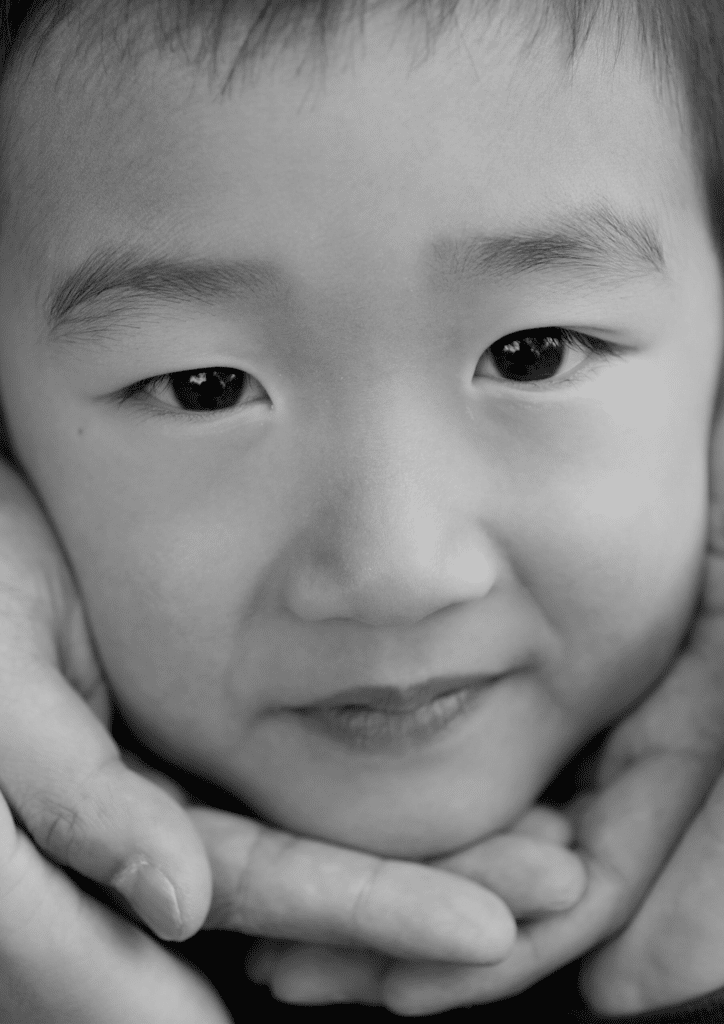Depression is not exclusive to adults; it can affect children as well. While kids are often seen as carefree and full of energy, the reality is that they too can experience the challenges of mental health. Understanding what depression looks like in children is crucial for early intervention and support. In this blog, we’ll explore the signs and symptoms of depression in kids and discuss the importance of addressing mental health in the early stages.
- Behavioral Changes: Depression in children often manifests through noticeable changes in behavior. Watch out for signs such as withdrawal from activities they once enjoyed, increased irritability, and changes in sleep patterns. A normally outgoing child might become reserved, and a once social child might prefer isolation.
- Academic Struggles: Depression can impact a child’s ability to concentrate and perform well in school. A decline in academic performance, lack of interest in learning, and frequent complaints about headaches or stomachaches without any physical cause may indicate underlying emotional distress.
- Changes in Appetite: Noticeable changes in eating habits can be a red flag. Some children might lose interest in food, leading to weight loss, while others may seek comfort in overeating. Pay attention to any drastic changes in appetite, as they could be indicative of emotional struggles.
- Physical Symptoms: Depression can manifest physically in children. Complaints of unexplained aches and pains, persistent fatigue, or a general lack of energy could be signs of an underlying mental health issue. It’s important not to dismiss these physical symptoms without considering their emotional context.
- Emotional Rollercoaster: Children with depression may experience intense mood swings. They might display frequent sadness, tearfulness, or express feelings of hopelessness. On the other hand, some may exhibit irritability and anger as coping mechanisms for their emotional pain.
- Social Isolation: A child who is usually socially active may start isolating themselves from friends and family. If you notice a sudden reluctance to participate in social activities or a decline in the quality of relationships, it could be a sign of depression.
- Low Self-Esteem: Depression often takes a toll on a child’s self-esteem. They may become overly self-critical, express feelings of worthlessness, or exhibit a lack of confidence. Recognizing these signs is crucial for helping them build a positive self-image.
Recognizing depression in children is challenging but essential for their well-being. Parents, teachers, and caregivers play a vital role in creating a supportive environment where children feel safe expressing their emotions. By understanding the signs and symptoms, we can break the stigma surrounding childhood depression and work towards providing the necessary help and support to those who need it. Early intervention is key to helping children navigate their emotional struggles and fostering a healthier, happier future.

